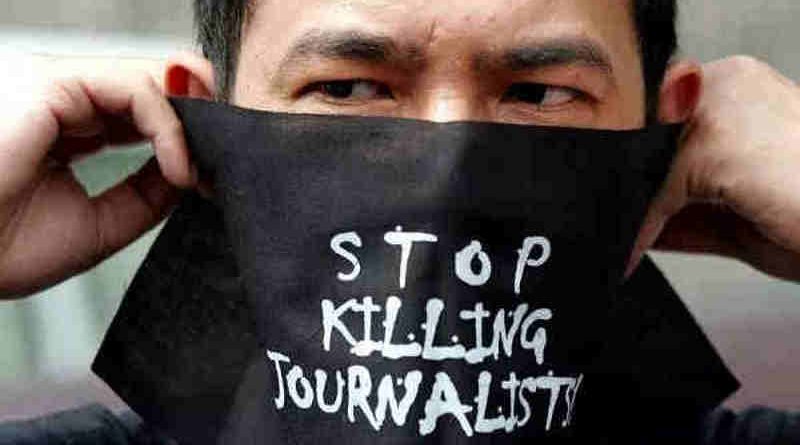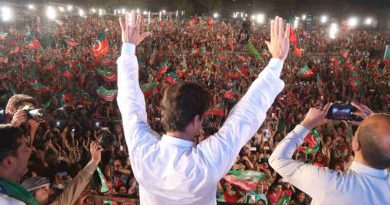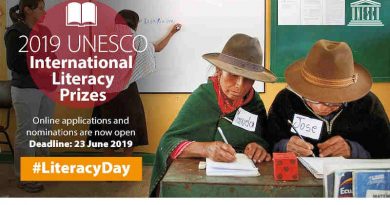UNESCO Reports Global Surge in Attacks Against Journalists

OPENING STATEMENT
Today, there is no organization in the world that is working effectively to protect journalists from state excesses and police brutality. Although UNESCO and other UN agencies keep releasing statements and random reports about media freedom, they have failed miserably to protect journalists in different countries.
Similarly, the NGOs that claim to be working for press freedom operate as secondary news outlets. They lift news from here and there about attacks on journalists and simply publish it under their own banners. They cannot influence the brutal decisions of the authorities that are unleashing terror on journalists.
The statements and reports that they compile are so weak and ineffective that the autocratic authorities simply ignore them. The work of all these agencies is meaningless if they cannot prosecute and punish the authoritarian regimes that are attacking journalists and press freedom.
By Rakesh Raman
A new UNESCO report highlights a sharp increase in the global number of protests during which the police and security forces violated media freedom in the first half of 2020.
Between January and June this year, 21 protests around the world were marred by violations of press freedom, including protests in which journalists were attacked, arrested, and even killed.
UNESCO’s new report, Safety of Journalists Covering Protests – Preserving Freedom of the Press During Times of Civil Unrest, points to a wider upward trend in the use of unlawful force by police and security forces over the last five years.
In 2015, journalists covering 15 protests worldwide were impeded by the police and security forces. By 2019, that number more than doubled to 32. The report suggests that a troubling new threshold has been crossed, revealing a significant and growing threat to media freedom and freedom of access to information in all regions of the world.
The report also found that ten journalists were killed while covering protests over the last five years. Each of these killings was condemned at the time by UNESCO’s Director-General.
In some protests, up to 500 separate violations took place, according to the Committee to Protect Journalists. In some cases, including during protests linked to the Black Lives Matter movement, violence resulted in permanent injuries, such as those sustained by several journalists blinded by rubber bullets or pepper balls.
Launching the report, UNESCO Director-General Audrey Azoulay underscored that the freedom to inform citizens on the causes of unrest and the response from state authorities are of vital importance for democracies to thrive.
The report finds that during this five-year period, protests around the world have been rooted in concerns about economic injustice, government corruption, the decline of political freedoms, and growing authoritarianism.
It details the different abuses journalists face when covering protests including surveillance, harassment, intimidation, beating, being shot at with lethal or non-lethal ammunition, detention, abduction, and the deliberate destruction of equipment.
It also contains concrete recommendations for all actors involved, from media outlets and national authorities to international organizations, to ensure better protections for journalists.
These include: strengthening training for police and law enforcement actors on freedom of expression and appropriate behaviour in dealing with the media; providing appropriate training and equipment to journalists, including freelancers, sent to cover demonstrations; appointing national ombudsmen to hold police accountable for the use of force against journalists during demonstrations; and strengthening national mechanisms for the safety of journalists.
UNESCO provides technical assistance to Member States, including training for police and security forces on upholding press freedom and freedom of expression.




